Trash by Sylvia Aguilar Zéleny, translated from the Spanish by JD Pluecker, Deep Vellum, 2023
There’s trash in there, said the man who was cleaning our shower drain. He pulled out a rope of hair—in our household of mostly women, it collects. I thought of the specific word he used to describe our hair, that of a tangle of broken, dead, fallen hair: trash. No one in my circle, also mostly people with uteruses, has ever referred to hair as “trash.” To us, hair is hair, and we grieve its damaged pieces. It seems peculiar and disheartening that our being women (as a social construct) and people with uteruses (as an overlapping, but not coextensive, biological reality), have always been intimately associated to and related with trash. Our relationship with trash is indicative of our whole body and mind’s vicissitudes. In Sylvia Aguilar Zéleny’s recent novel, Trash, the fact that her three narrators all identify as women demonstrates a radical intention, revealing how certain sexual identities and wants are constructed as “bad” in order to maintain the patriarchal and ableist social order, where particular bodies and desires are rendered incapable of performing normative moral order, and are therefore unacceptable in society. When we reframe it that way, “trash” is not necessarily just the waste we can no longer consume or make use of; its entanglements prove to be far more complex, much deeper than that. The identities we align with, the politics we embody, the bodyminds we are, our presence unwanted and disturbing to the ruler’s home—when they stir up a stench which discomforts cisheterosexual (mostly) male desires, we become trash to their senses.
In this stunning debut novel, we encounter biopolitical debilities — such as hormones for transitions, the toxins from medication, blood from menstruation — through which Zéleny wades to render the limitations of our social and biopolitical mobility. Trash, set in a municipal garbage dump, starts by familiarising us with its cycle of narrators, taking turns like a roundtable with each part written in distinct voices, pulling us into the lucid experiential timelines of each narrator’s embodied memory. READ MORE…


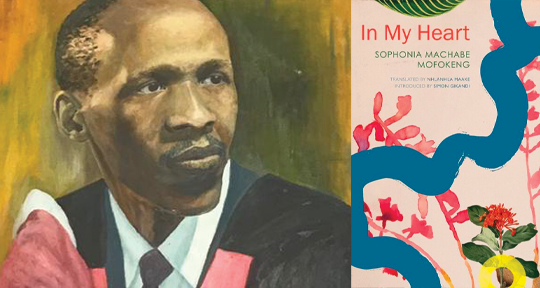
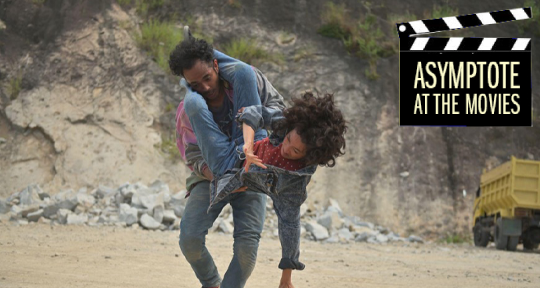
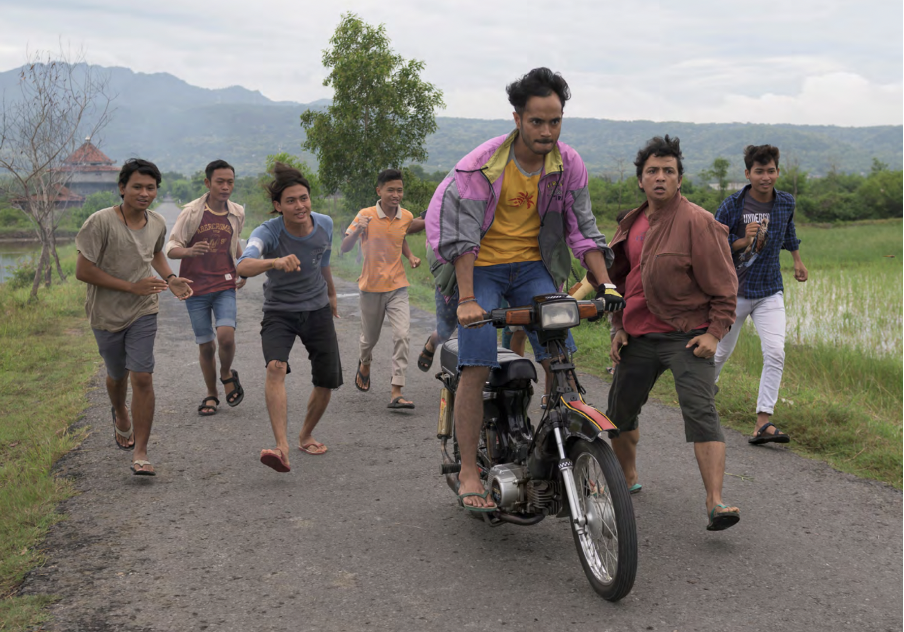

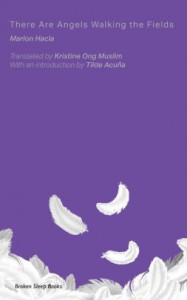
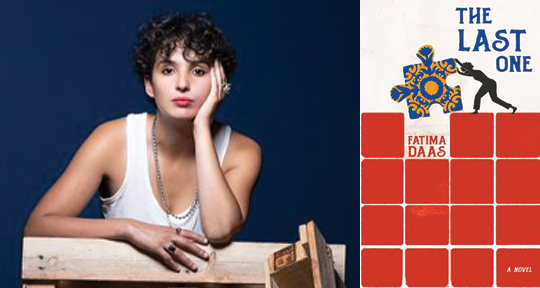
What’s New in Translation: August 2021
New work this month from Lebanon and India!
The speed by which text travels is both a great fortune and a conundrum of our present days. As information and knowledge are transmitted in unthinkable immediacy, our capacity for receiving and comprehending worldly events is continuously challenged and reconstituted. It is, then, a great privilege to be able to sit down with a book that coherently and absorbingly sorts through the things that have happened. This month, we bring you two works that deal with the events of history with both clarity and intimacy. One a compelling, diaristic account of the devastating Beirut explosion of last year, and one a sensitive, sensual novel that delves into a woman’s life as she carries the trauma of Indian Partition. Read on to find out more.
Beirut 2020: Diary of the Collapse by Charif Majdalani, translated from French by Ruth Diver, Other Press, 2021
Review by Alex Tan, Assistant Editor
There’s a peculiar whiplash that comes from seeing the words “social distancing” in a newly published book, even if—as in the case of Charif Majdalani’s Beirut 2020: Diary of the Collapse—the reader is primed from the outset to anticipate an account of the pandemic’s devastations. For anyone to claim the discernment of hindsight feels all too premature—wrong, even, when there isn’t yet an aftermath to speak from.
But Majdalani’s testimony of disintegration, a compelling mélange of memoir and historical reckoning in Ruth Diver’s clear-eyed English translation, contains no such pretension. In the collective memory of 2020 as experienced by those in Beirut, Lebanon, the COVID-19 pandemic serves merely as stage lighting. It casts its eerie glow on the far deeper fractures within a country riven by “untrammelled liberalism” and “the endemic corruption of the ruling classes.”
Majdalani is great at conjuring an atmosphere of unease, the sense that something is about to give. And something, indeed, does; on August 4, 2020, a massive explosion of ammonium nitrate at the Port of Beirut shattered the lives of hundreds of thousands of people. A whole city collapsed, Majdalani repeatedly emphasises, in all of five seconds.
That cataclysmic event structures the diary’s chronology. Regardless of how much one knows of Lebanon’s troubled past, the succession of dates gathers an ominous velocity, hurtling toward its doomed end. Yet the text’s desultory form, delivering in poignant fragments day by elastic day, hour by ordinary hour, preserves an essential uncertainty—perhaps even a hope that the future might yet be otherwise.
Like the diary-writer, we intimate that the centre cannot hold, but cannot pinpoint exactly where or how. It is customary, in Lebanon, for things to be falling apart. Majdalani directs paranoia at opaque machinations first designated as mechanisms of “chance,” and later diagnosed as the “excessive factionalism” of a “caste of oligarchs in power.” Elsewhere, he christens them “warlords.” The two are practically synonymous in the book’s moral universe. Indeed, Beirut 2020’s lexicon frequently relies, for figures of powerlessness and governmental conspiracy, on a pantheon of supernatural beings. Soothsayers, Homeric gods, djinn, and ghosts make cameos in its metaphorical phantasmagoria. In the face of the indifferent quasi-divine, Lebanon’s lesser inhabitants can only speculate endlessly about the “shameless lies and pantomimes” produced with impunity. READ MORE…
Contributors:- Alex Tan
, - Fairuza Hanun
; Languages: - French
, - Hindi
; Places: - India
, - Lebanon
; Writers: - Charif Majdalani
, - Geetanjali Shree
; Tags: - Beirut 2020 explosion
, - diary
, - disaster
, - Indian Partition
, - motherhood
, - recovery
, - social commentary
, - trauma
, - womanhood